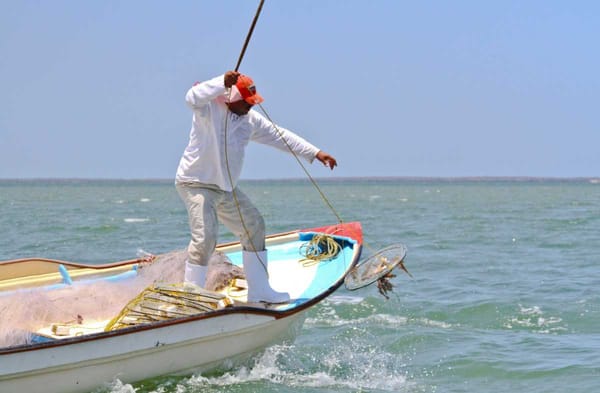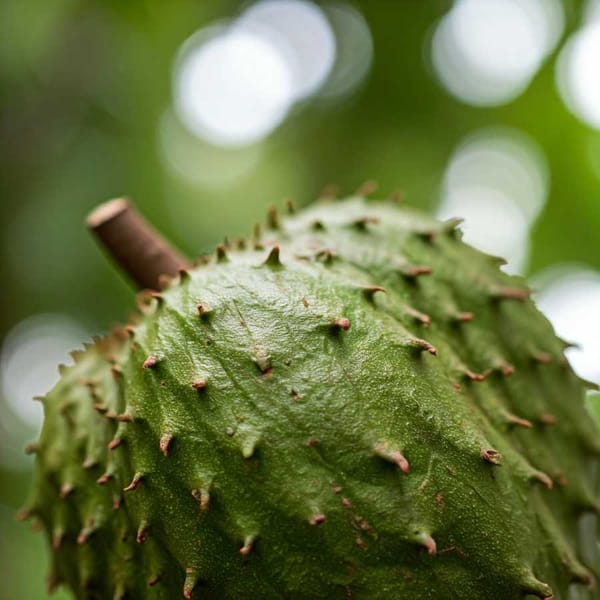In 2020, 18 environmentalists were murdered in Mexico
In 2020, 18 environmentalists were murdered in Mexico; 90 aggressions were recorded, eight of which are related to the Mayan Train.

In Mexico, defending the environment, land, and territory continues to be a dangerous and high-risk activity, and under this context, in 2020 18 environmental defenders were murdered in the country, documents the Mexican Center for Environmental Law, AC (CEMDA).
In addition to registering 90 aggressions perpetrated in 65 different attacks, including eight attacks linked to the Mayan Train project; three related to the highway project in San Francisco Xochicuautla, in the State of Mexico; three with the case of the construction of the Xochimilco Vehicular Bridge, in Mexico City and three more with highway constructions in different states.
Upon presenting the report on the situation of environmental human rights defenders in Mexico, 2020, CEMDA announced that after eight years of registration and documentation, structural and generalized violence prevails in Mexico against those who defend the natural heritage, land, and territory, with 26 of the aggressions (40% of the cases) as a possible aggressor registered as an agent of the State.
As in previous administrations, the current federal government has not been able to reduce the number of aggressions, and even the number of aggressions has increased compared to the previous year.
In 2020, the Centro Mexicano de Derecho Ambiental, A. C. (CEMDA) counted 90 aggressions. (CEMDA) counted 90 aggressions perpetrated in 65 different attacks; of this number, the most recurrent aggression was a homicide, with 18 environmental defenders murdered.
It was recalled that from the period from January 1, 2012, to December 31, 2018, 460 cases of aggressions against defenders of the rights to land, territory, and the environment were identified, highlighting 2019 as the year with the lowest number of the last six, with 39 registered aggressions, however, of that number, almost a third were homicides.
By entity, an increase in attacks was recorded in Chiapas, Campeche, State of Mexico, Chihuahua, Mexico City, Guerrero, and Veracruz. In terms of the type of victim, attacks were perpetrated against individuals, two or more people, communities, as well as civil society organizations that defend the environment, land, or territory.
Regarding aggression against individuals, 19 were against men (15 of them, murders) and 11 against women (3 murders). On the other hand, 16 attacks (24.6%) were registered against communities and 12 attacks (18.5%) against civil society organizations (CSOs). Regarding the sectors generating the aggressions, the two main ones are forestry and roads, with 24.6% of the total, each one. In the first case, the majority are related to illegal logging.
On the subject of works related to communication routes, it was added that, to a lesser extent, aggressions were committed in the mining sector, the electricity industry, and tourism, among others. Likewise, the document warned that for the second consecutive year since the beginning of Andrés Manuel López Obrador's government, the most frequent aggression has been a homicide, since in 2019 15 murders were documented and in 2020 this figure reached 18.
In several cases, it was identified that, prior to their homicide, the defenders had been victims of other aggressions such as threats and even disappearance.
Meanwhile, the second aggression, with a total of 16 cases (17.8%), corresponds to threats. Other documented aggressions include intimidation, criminalization, harassment, physical aggression, disappearance, improper use of force by the authorities, robbery, forced eviction, kidnapping, search and seizure, defamation, and stigmatization.
While in 26 of the aggressions (40% of the cases) it is known that the registered aggressor was allegedly an agent of the State. To a lesser extent, members of the communities where the defenders live were identified as aggressors (6.2% of the total); private companies (4.6% of the total); as well as caciques and paramilitary groups (3.1%), respectively.
Mexico is the second country in the world with the second-highest number of murdered human rights defenders and journalists; likewise, a serious situation of violence persists against environmental, land, and territorial defenders. Thus, the serious situation of violence has found new manifestations through state omissions to protect and guarantee the rights of defenders in the face of an unprecedented pandemic context.
In addition to the common denominators annually exposed as causes of violence against environmental defenders, there are restrictions on mobility, gender violence, budget cuts to institutions of environmental relevance, lack of information and guarantees for the participation of women and men in environmental decision-making, and the elimination of economic support for protection mechanisms.
The record of threats, stigmatization, and criminalization ─among other aggressions─ has continued, two-fifths of which have been perpetrated by some agent of the Mexican State, without those responsible having been sanctioned. Thus, the data again highlight the consolidated debts of the Mexican State for its obligations to investigate and punish human rights violations against human rights defenders. The figures are worrying because they show a violent and unpunished State, where State agents, instead of preventing it, exercise violence against the environmental defense.




